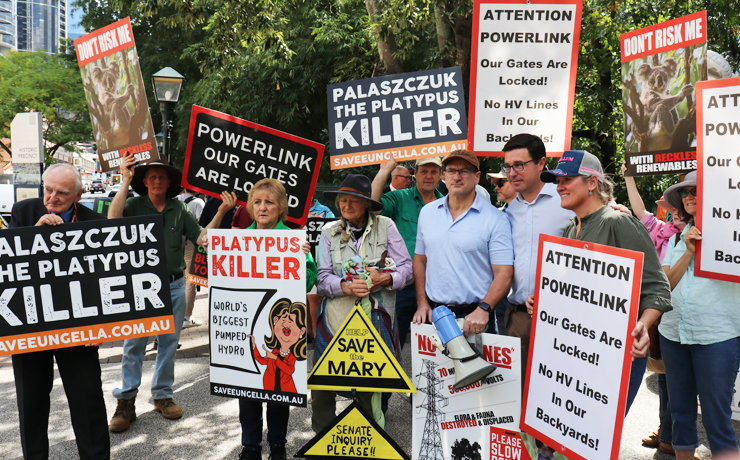
June 17, 2021
The Queensland Farmers’ Federation has welcomed an electricity rebate announced by the State Government to assist farmers transitioning to new retail tariffs but has suggested they speak to Ergon Energy before the July 1 implementation.
On June 30, all obsolete tariffs (except tariffs 47 and 48) will end with users switched to a standard business tariff.
QFF CEO Dr Georgina Davis said there were still more than 20,000 electricity users in regional Queensland on obsolete and transitional tariffs; more than half of these tariffs were farming and irrigation purposes.
Energy Minister Mick de Brenni said rebates would be applied for regional farmers, businesses and manufacturers whose annual power bills go up when switching to a standard tariff.
He said the new rebate would be calculated based on each individual customer’s bill impact and would be tiered to initially cover most of the impact and then taper off over up to nine years “as power prices continue to fall”.
“Ergon Energy Retail will analyse existing bill data of around 20,000 regional farmers and businesses that are currently still on obsolete tariffs to identify eligible customers,” he said.
“From July 2021, Ergon will start implementing the rebates and contact eligible customers to provide them with details about the scheme. Customers don’t need to do anything until then.”
However, Dr Davis warned that Queensland farming businesses on transitional and obsolete tariffs now had less than three weeks to implement any required infrastructure changes before July 1.
“Concerningly, farmers who do not transition to the new retail tariffs before the deadline will have the decision made for them based on their previous 12 months of energy usage,” she said.
“So, we encourage farmers to speak to their energy retailer as soon as possible, particularly if you expect your energy usage to change.
“The electricity rebate is a positive step forward to providing some relief to these farmers but locks them into minimum 5 per cent annual bill increases for the next nine years.”
- More information about the changes is available online























